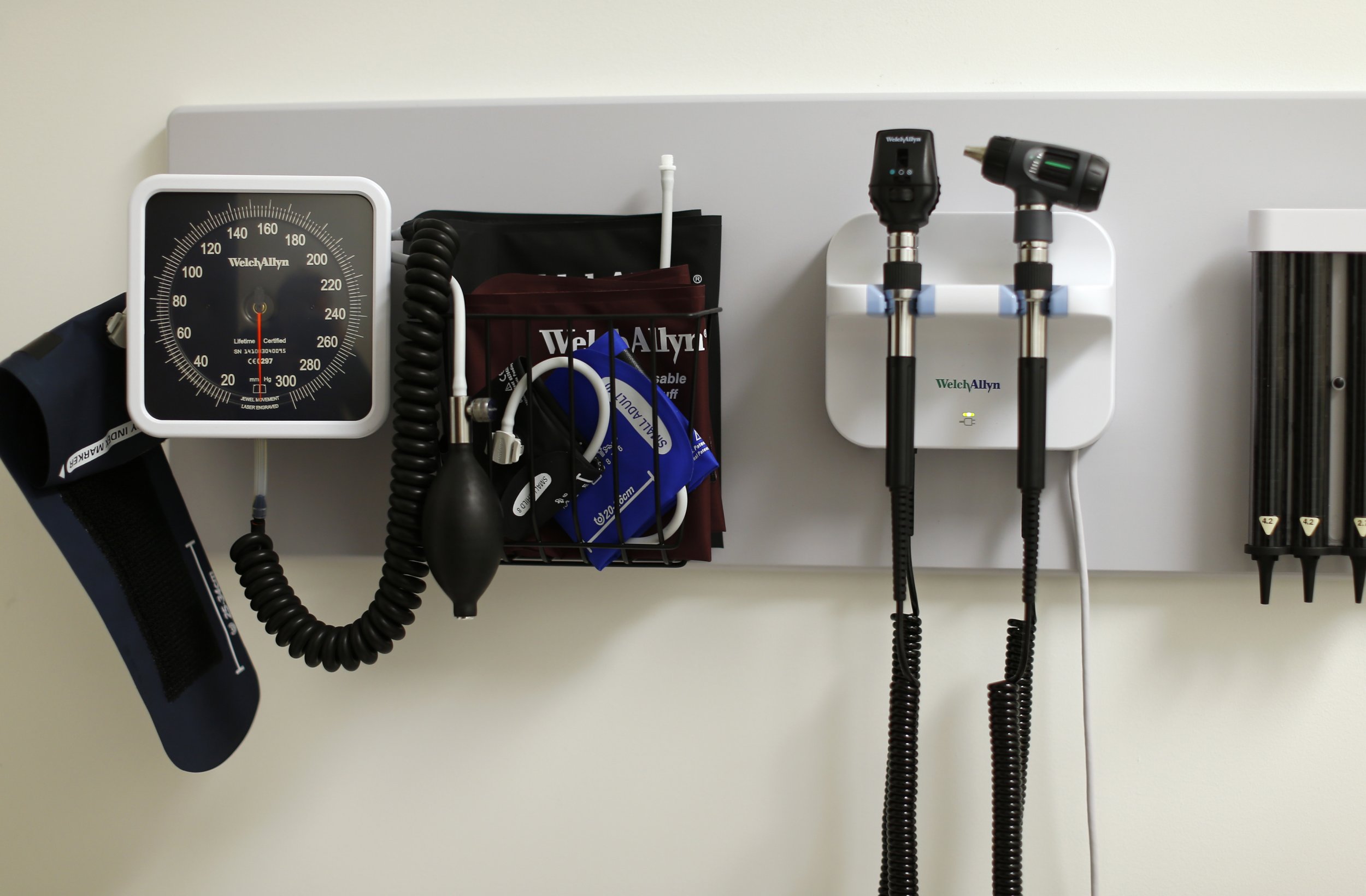
In September, the National Institutes of Health (NIH) announced that it had stopped the Systolic Blood Pressure Intervention Trial (SPRINT) approximately two years early because early findings had such clear and powerful implications for the future of heart health.
The large-scale landmark trial found that patients over 50 who attained a blood pressure reading of 120 millimeter of mercury (mm Hg) through medications lowered overall risk for heart attacks, heart failure and stroke by approximately 25 percent and overall mortality by as much as 27 percent. This was a surprising discovery that, the researchers said, suggests physicians take a more liberal approach to managing patients with moderately high blood pressure.
On Monday, the New England Journal of Medicine published the first of what is likely to be several papers that will emerge from the SPRINT trial. The researchers say the findings are a game-changer for how aggressively—and how early—to treat high blood pressure with medication.
For the study, the researchers adjusted participants' blood pressure medication to achieve a target systolic pressure of either 120 mm Hg or a measurement of 140 mm Hg. Systolic blood pressure —the top number on a blood pressure reading—refers to the height at which the blood flow through vessels pushes a column of mercury when a physician takes a patient's blood pressure.
The newly published NEJM paper specifically reports that among all possible adverse cardiac events, heart attack risk went down most significantly, by 38 percent. There was also a 43 percent reduction in death from heart-related events for patients 50 and over who hit 120 mmHg.
"Prior to the SPRINT results the question was, should patients be treated to less than 140 or, in fact, should we relax to a target of less than 150?" says Dr. Jackson T. Wright Jr., director of the clinical hypertension program at University Hospitals Case Medical Center in Cleveland, a professor of medicine at Case Western Reserve University's School of Medicine and lead author on the study. "The question is no longer should it be 140 or 150? The question has now become should it be less than 140, or even a lower than that?"
These findings are significant since SPRINT is the largest scale trial to-date to examine systolic blood pressure. It involved 9,361 patients spread across 102 medical centers and clinical center throughout the U.S. and Puerto Rico randomized to either the 120 mm Hg or 140 mm Hg group. The clear health benefits of coming down to 120 mm Hg also meant there were nearly 5,000 study participants who were conceivably putting their health at risk by not achieving that lower blood pressure target.
"Once we were informed of the results, then our first responsibility is to the participants in the study," says Wright. "That meant we had to develop materials so we could inform participants in the study of those who are in lower target and those who are in the higher target. We could no longer justify the ethics of continuing the arm without telling the patients what the reports were showing."
But an accompanying editorial written by the top editors of the NEJM suggests that the NIH acted prematurely in the decision. "Although no one denies the importance of treating hypertension, the clinical message from SPRINT is a matter of public health urgency not an emergency," they write. "The subtleties of the clinical trial need to teased from the data. To put the issue in perspective, the investigators took about eight weeks to prepare their study for publication; they had previously spent over 250 weeks conducting the trial and perhaps another 50 to 100 weeks getting the trial ready to enroll patients at all."
The editors say that despite the NIH's misstep, they believe the findings of SPRINT will have a lasting impact, which is why they chose to rush the paper through the journal's editorial process in just two months. "The clinical trial will change practice, and we are proud to publish it and to defend the importance of the expedited peer-review and publication process that it has undergone," they write. "With the article now published, physicians and the public have a detailed, critical, peer-reviewed report from the investigators who conducted the study know it best."
Correction: A previous version of this story incorrectly referred to mm Hg, the measurement of blood pressure, as milligrams of mercury. The abbreviation actually stands for "millimeter of mercury." The story and caption have been changed to reflect this correction.
Uncommon Knowledge
Newsweek is committed to challenging conventional wisdom and finding connections in the search for common ground.
Newsweek is committed to challenging conventional wisdom and finding connections in the search for common ground.
About the writer
Jessica Firger is a staff writer at Newsweek, where she covers all things health. She previously worked as a health editor ... Read more





